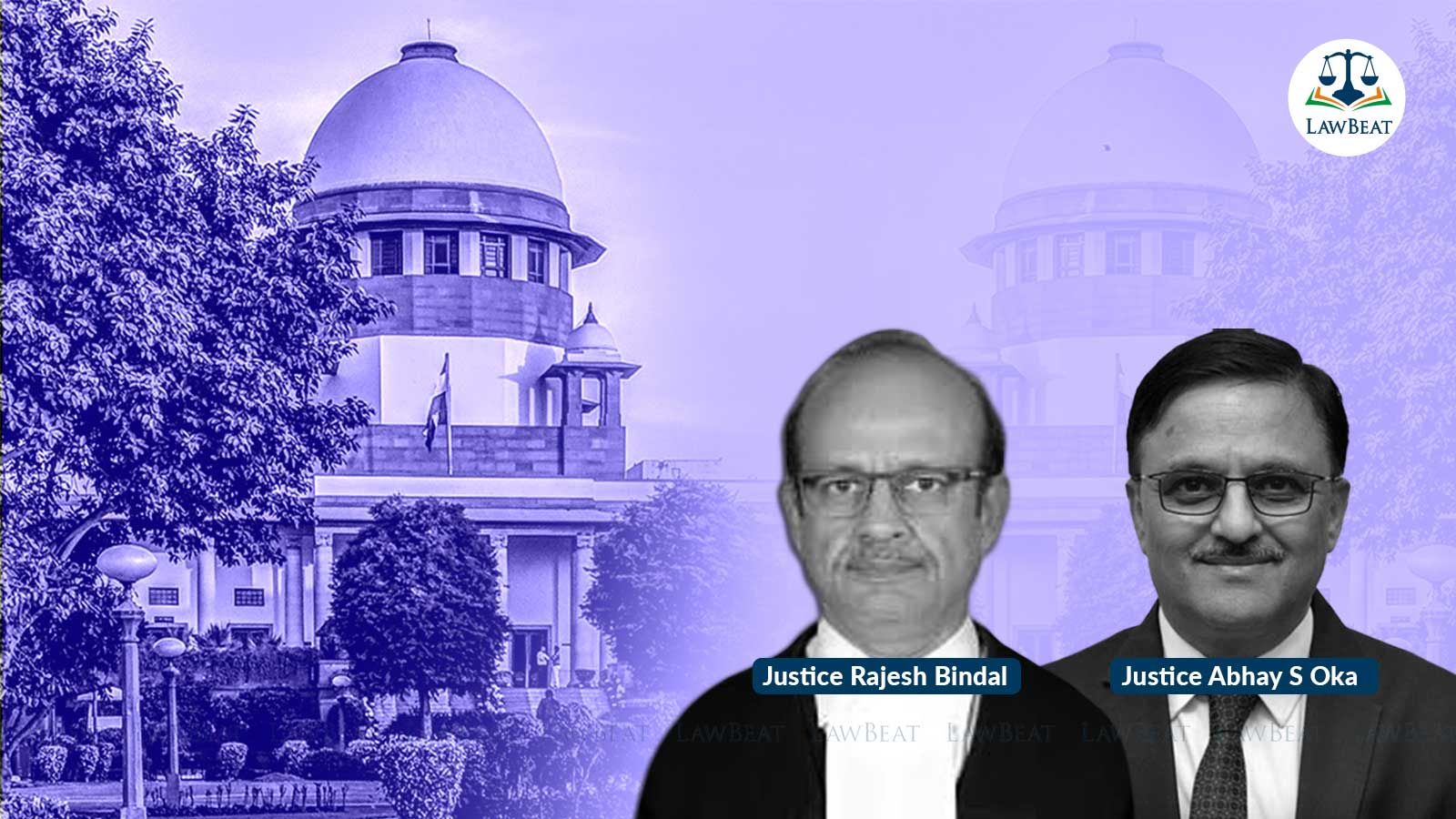Non disclosure of materials facts on corrupt practices to result in dismissal of election petition: SC

The court allowed an appeal filed by Tamil Nadu Minister Senthil Balaji V against the Madras High Court's order, which rejected his plea against non-disclosure of materials facts about the corrupt practices allegedly adopted by him in polls held for Aravakurichi Assembly Constituency on November 19, 2016.
The Supreme Court has held that merely making bald statements about the corrupt practices without disclosing concise material facts would result in the rejection of an election petition against a returned candidate at the very threshold.
A bench of Justices Abhay S Oka and Rajesh Bindal said that when the allegation is of corrupt practice, the basic facts constituting it must be pleaded in order to make compliance with Clause (a) of sub-section (1) of Section 83 of the Representation of People Act, 1951.
"Moreover, when the allegation is of corrupt practice, the proceedings virtually become quasi-criminal. Therefore, the elected candidate must get adequate notice of what is alleged against him. That is why material facts concerning the ground of corrupt practice must be pleaded. The outcome of such a petition is very serious. It can oust a popularly elected representative of the people. Therefore, non-compliance with the requirement of stating material facts must result in the rejection of the petition at the threshold," the court said.
The court allowed an appeal filed by Tamil Nadu Minister Senthil Balaji V against the Madras High Court's order, which rejected his plea against non-disclosure of materials facts about the corrupt practices allegedly adopted by him in polls held for Aravakurichi Assembly Constituency on November 19, 2016. Having got 88,068 votes, he was declared elected.
Senior advocate Ranjit Kumar, appearing for the appellant, submitted that material facts and particulars regarding the alleged corrupt practices were not found in the election petition. He said that on the basis of the applications made by the appellant, the High Court had directed the first respondent, A P Geetha to file copies of emails, photographs, and video footage which did not find a place in the list of documents filed along with the petition. He contended that the said direction was per se illegal.
Advocate Balaji Srinivasan, on behalf of Geetha, while defending the High Court's order, pointed out that material facts in support of the allegations of corrupt practice were already pleaded in the election petition. He said that she had relied upon representations made by her to various authorities in which specific details of corrupt practices had been set out.
The court, however, said Section 123 of the RP Act of 1951 defines corrupt practices.
Here, "even bare particulars of any of the corrupt practices covered by Section 123 have not been pleaded. What is the nature of corrupt practice is also not described except for making a bald allegation that in the representations mentioned in paragraph 6, the first respondent has set out electoral misconduct, corrupt practice, and bribery on the part of the appellant," the court said.
Relying upon the judgment in 'V S Achuthanandan v P J Francis & Anr' (1999), the bench said that the consensus of judicial opinion is that the failure to plead material facts concerning alleged corrupt practice is fatal to the election petition. The material facts are the primary facts which must be proved on trial by a party to establish the existence of a cause of action, court said.
"In the present case, what is the nature of the corrupt practice is not mentioned even in brief. Therefore, material facts, which according to the first respondent, constitute corrupt practice were not pleaded in the election petition", the court pointed out.
Noting the allegations as vague and general, the bench also said that not a single material fact was pleaded in support of the plea that the acceptance of the nomination paper was improper.
While holding that it was very difficult to sustain the High Court's order, the court also dismissed the election petition, saying no purpose will be served by keeping it pending.
Case Title : Senthilbalaji V vs. A.P. Geetha & Ors.
Statute: Representation of the People Act, 1951
